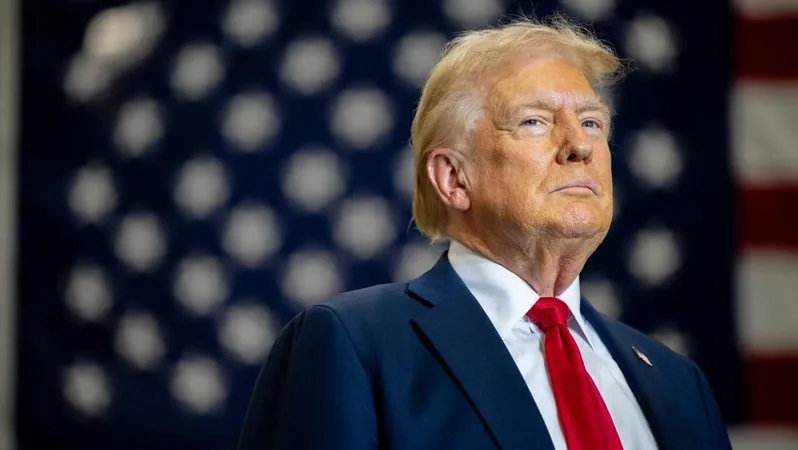
New Evidence Filed in Trump’s Federal Election Case: What You Need to Know
2024-09-27
Overview
Special Counsel Jack Smith's office submitted a new brief in the ongoing federal election case against former President Donald Trump on Thursday, containing essential details about Trump's efforts to overturn the results of the 2020 election. However, as of Friday morning, the intricacies of this filing remain under wraps due to pending redactions that require approval before public access is granted.
Key Facts
The brief is substantial, spanning 180 pages, and Smith has alerted the court that it includes a significant amount of sensitive material that necessitates careful redaction. The exact extent of what will be made public is still uncertain.
What’s Next?
The timeline for exposing this filing remains unclear, but Trump is expected to respond to the document by October 17. As the court grapples with which charges might endure under the scrutiny of constitutional immunity, there is speculation that the matter might escalate to the Supreme Court. The case's trajectory could significantly shift based on the results of the next presidential election, potentially impacting Trump’s ability to appoint officials who could influence the prosecution against him.
Opposition from Trump's Legal Team
Trump's attorneys fiercely opposed the filing, labeling it a "180-page false hit piece" that could skew the jury pool ahead of the election. They argued that it’s unfair to make the government's claims public without giving Trump an immediate chance for rebuttal. Their assertion emphasized a perceived constitutional breach due to the gag order imposed on Trump, which they claimed hinders his campaign.
Despite Trump's insistence on innocence, describing the case as nothing more than a "witch hunt," his legal battles are intensifying, especially as questions surrounding the Supreme Court’s interpretation of immunity linger.
Can Trump Face Criminal Charges?
The Supreme Court maintains that while ex-presidents can't be prosecuted for official acts during their term, they can be charged for actions taken outside of their official capacities. The nuances of this decision will be crucial as Judge Tanya Chutkan determines the parameters of Trump’s indictment, which has been updated to align with the immunity decision. The updated indictment characterizes Trump’s post-election conduct as that of a candidate rather than as president.
What’s at Stake?
Trump's legal team has cited a federal statute that prohibits prosecutors from timing actions to influence elections, along with the informal “60-day rule” from the DOJ against major actions close to elections. However, legal experts argue that this principle becomes irrelevant once charges have been filed in court, distancing the implications of investigative discretion from the active judicial process.
Background on the Case
Trump faces four felony charges linked to his alleged unlawful actions following the 2020 election. These allegations include pressuring state lawmakers to contest the election results, coercing then-Vice President Mike Pence to refuse to certify the outcome, capitalizing on the January 6 Capitol attack, and orchestrating a scheme involving fake electors. The Supreme Court's considerations have stalled the trial previously slated for March, ensuring that the case will not reach a courtroom before the upcoming election.
This federal election case is one of four criminal proceedings against Trump, with only one resulting in a guilty verdict so far. Other matters, including trials over alleged misconduct with White House documents and charges in Georgia concerning election interference, are currently underway amid a series of legal delays and appeals.
Stay Tuned for Updates
As developments unfold in this high-profile case, it’s essential to stay informed on how these legal battles will shape the political landscape leading up to the next presidential election. Will the evidence against Trump significantly alter the public perception and impact his campaign? Only time will tell.
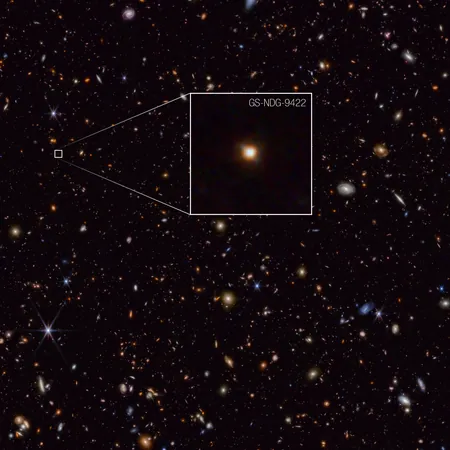

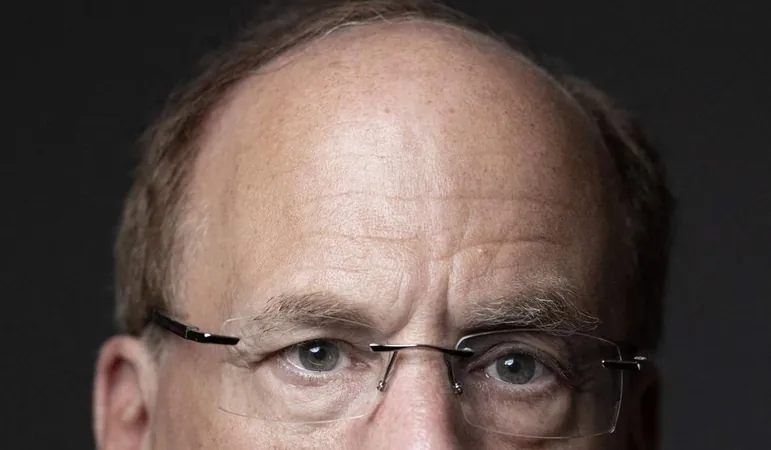




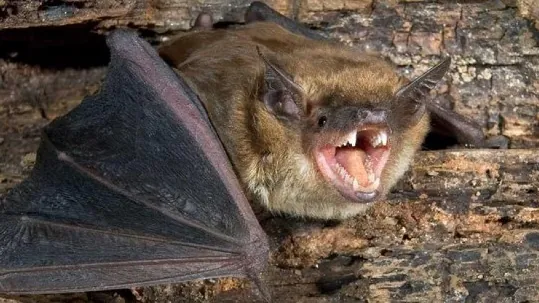
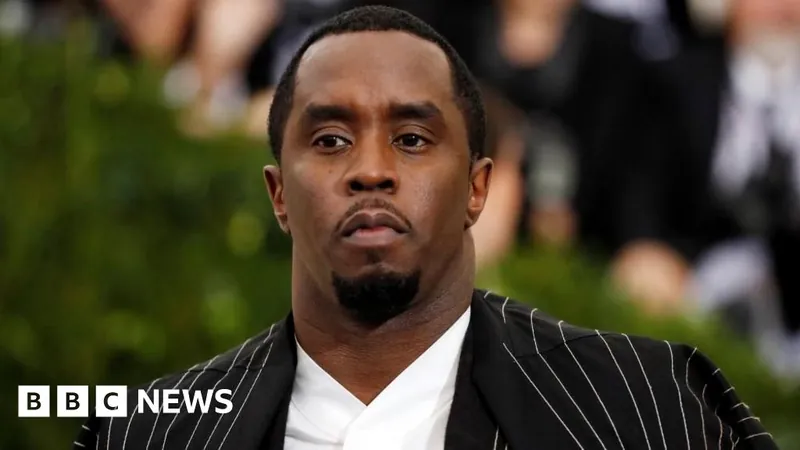
 Brasil (PT)
Brasil (PT)
 Canada (EN)
Canada (EN)
 Chile (ES)
Chile (ES)
 España (ES)
España (ES)
 France (FR)
France (FR)
 Hong Kong (EN)
Hong Kong (EN)
 Italia (IT)
Italia (IT)
 日本 (JA)
日本 (JA)
 Magyarország (HU)
Magyarország (HU)
 Norge (NO)
Norge (NO)
 Polska (PL)
Polska (PL)
 Schweiz (DE)
Schweiz (DE)
 Singapore (EN)
Singapore (EN)
 Sverige (SV)
Sverige (SV)
 Suomi (FI)
Suomi (FI)
 Türkiye (TR)
Türkiye (TR)